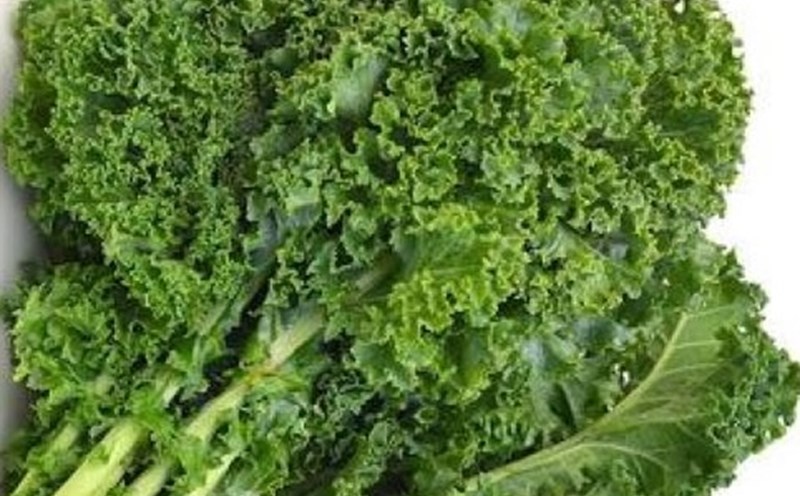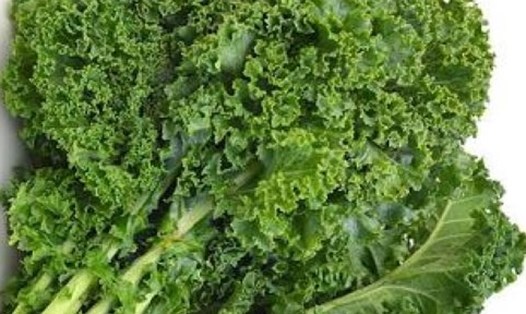Vinegar has the effect of protecting nutrients. When cooking, many vegetables are rich in vitamins that will be lost after being processed at high temperatures. You should add a little vinegar during the cooking process, it can protect the vitamins.
Anthocyanins (a type of flavonoid, a powerful antioxidant family found in many fruits and vegetables) can maintain their original color under acidic conditions and have relatively better antioxidant properties. Therefore, you can add a little vinegar when stir-frying purple cabbage, eggplant and other colored vegetables.
Vinegar contains organic acids such as acetic acid and lactic acid, which can keep these vegetables bright red. Acetic acid can soften bones and promote the dissolution of calcium in bones.
Therefore, when stewing soup, we can add a little vinegar to dissolve and enhance the body's ability to absorb calcium, promoting the complete decomposition of a large amount of protein.
Adding vinegar also helps the glue in bone cells decompose phosphorus and calcium, increasing nutritional value. You can add a little vinegar when stewing pork bones.
Note, you should add vinegar to the pot before the water boils, simmer over low heat so that the protein in the meat and collagen in the bones are decomposed more completely.











